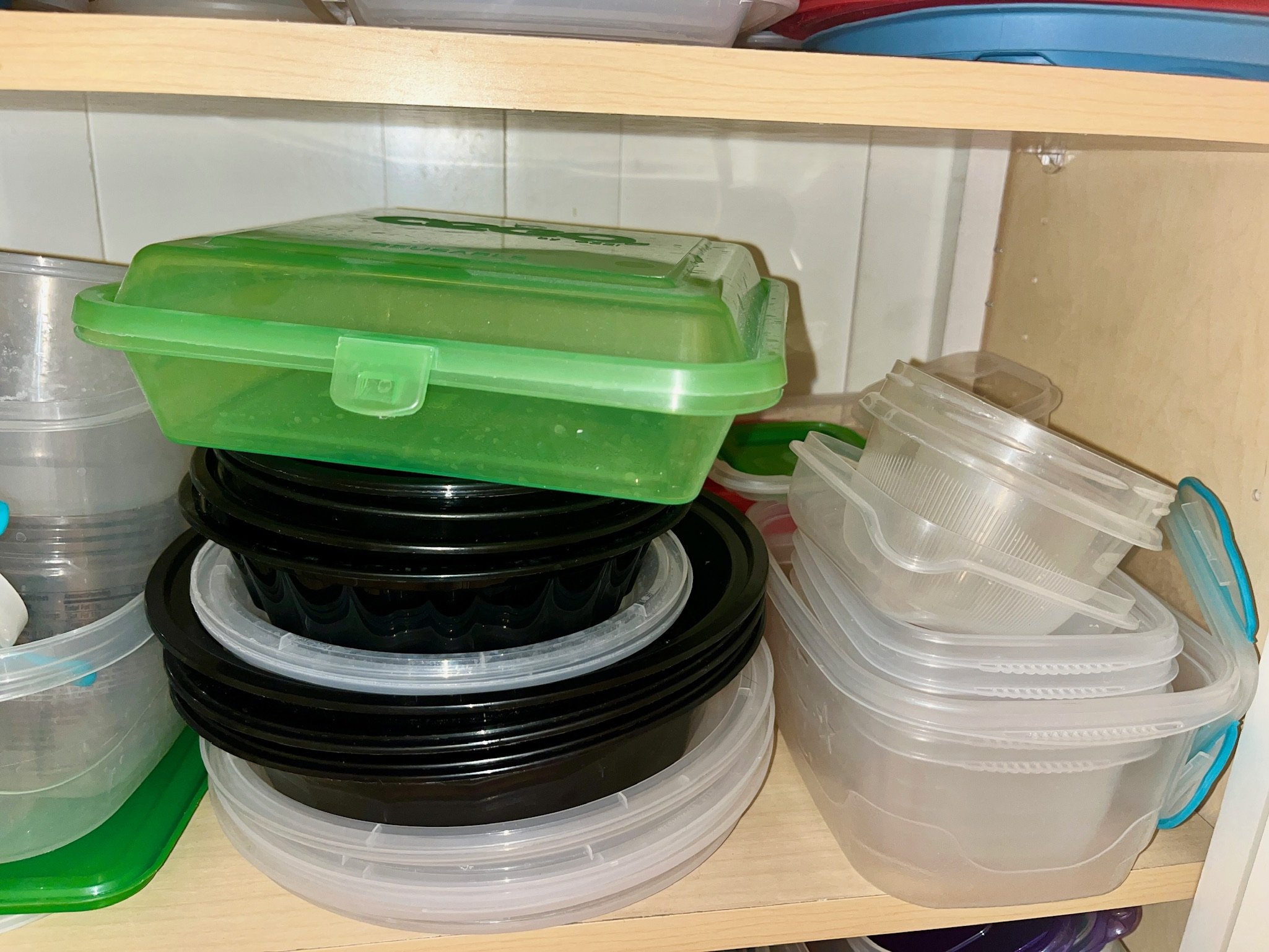5 reasons why plastic should be off the menu in 2024
Bioplastics, reusable plastics, and recyclables, oh my! The world is moving away from single-use plastics, but with all these alternatives or new so-called eco-friendly plastic products popping up, it can be hard to figure out which option is right for your campus takeout dining as you look to reduce waste.
At USEFULL, we think the answer is actually quite easy: You can’t solve a plastic problem with more plastic.
Let’s talk about why.
Reason 1: Recycling doesn’t work
Of the 35 million tons of plastics produced annually in the United States, less than a mere 10% of it gets recycled. If you have done a waste audit in your campus’ sustainability initiatives, you may find errant waste stream contamination, with food scraps or improperly sorted containers in the wrong bins. If a batch of recyclable materials reaches a certain threshold of contamination, large batches of recyclable material might not be recycled. Additionally, the rules about what is recyclable in your region can change quickly, and communicating that to your students, faculty and staff becomes a constant challenge.
Reason 2: ALL plastics create microplastics
No matter the number in the chasing arrows on your takeout container, plastic is plastic, and plastic sheds into microplastics. Studies show that polypropylene, polystyrene, polyethylene, and polyethylene terephthalate (PET) takeout containers are all guilty of shedding into your food, and if your students are grabbing food to go once every other day, they could be consuming as many as 200 microplastics a week from those containers. Other studies show that the effect of these particles in our diets can be disruptive to our hormones, growth, and development. College campuses are for students to grow, and we don’t want to disrupt that.
Reason 3: Bioplastic may reduce finite resource demand in production, but the end of life is just as bad
Bioplastics can use ingredients from corn, beets, sugar or other plants to replace fossil fuels in the manufacturing process, but even then they may still have as much as 75% fossil fuel-derived ingredients. Bioplastics mimic the polymer structure of conventional plastics, which means they can break down in the environment into microplastics in the same way, especially if they are not sent to a specialized composting facility. And when they do break down, the most common bioplastics still release toxic chemicals that persist in the environment, or our bodies.
Reason 4: Plastic doesn’t hold up
Think about why plastic was designed: to be cheap, but not durable. We see many reusable programs use “reusable” plastic clamshells, but have heard from dining directors that they are easily broken at the hinges or melted in the microwave. And yet Upstream Solutions’ number one design principle for reusable containers is durability. That is why we designed USEFULL’s reusable stainless steel containers to be tougher than the rest. Rated for durability, our double-walled containers are designed to last more than 1,000 uses!
Reason 5: Even reusable plastic is designed to be disposed of
No matter how thick the plastic is on your clamshell container, the way we’ve been taught to treat a plastic object in our hands is that it is disposable. We’ve talked to countless dining and facilities teams that find the “reusable” plastic clamshells they’ve purchased in the trash, the recycling, under the dorm room bed at the end of the semester—basically anywhere but the back at the dining hall. The resounding sentiment is that plastic is treated as worthless and disposable. This means the campus must repurchase as much as 70% of their reusable inventory each semester, which does not make for an effective program. USEFULL’s durable, high-quality containers have heft and a premium feel to them, and students know inherently that it is not something they can just toss the way they do with plastic.
Bottom line
We hear that campus zero-waste conversations are starting to incorporate plastic-free initiatives as well. At USEFULL, we offer a 100% plastic-free reusable experience so you and your student body can feel confident in keeping harmful plastics out of the environment and out of your delicious food.
If you are interested in learning more about a plastic-free dining experience – or if you have any questions we haven’t answered here – feel free to drop us a line. We can’t wait to chat reusables with you!


